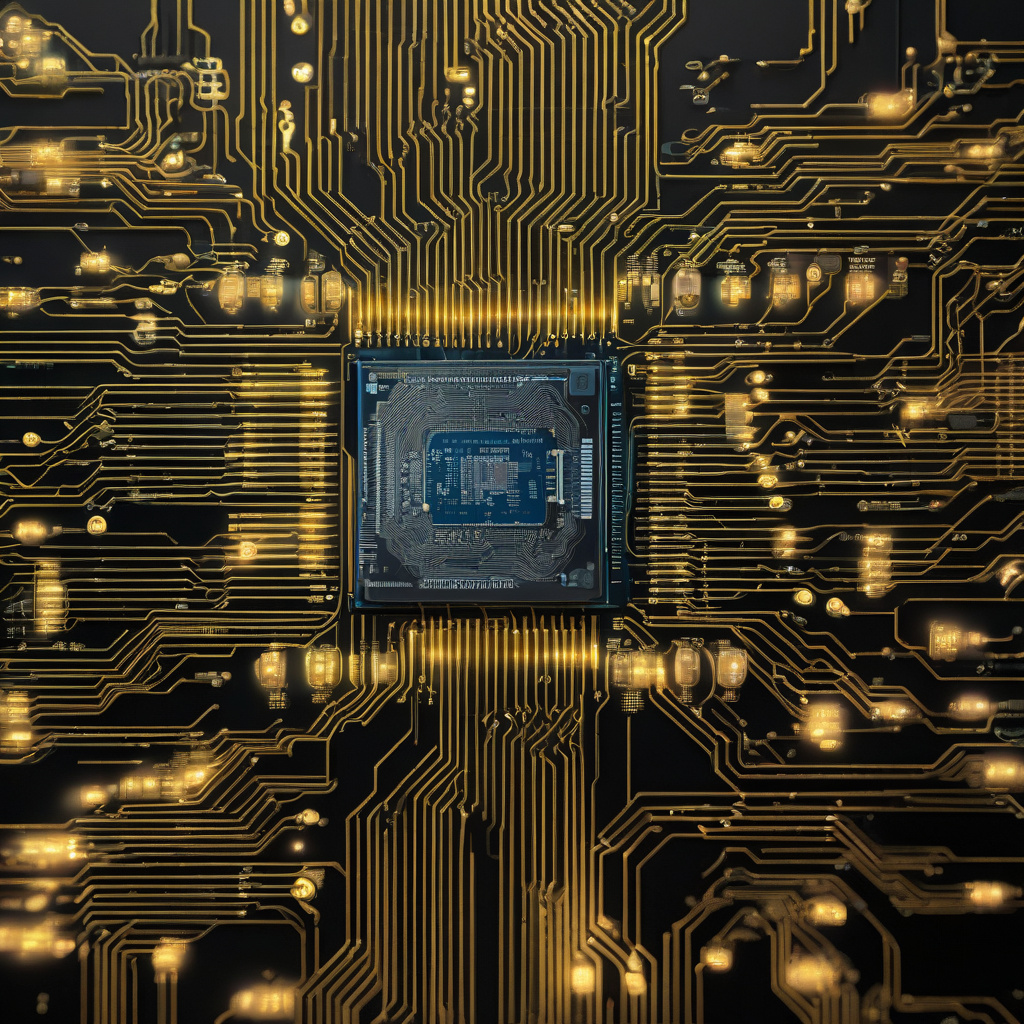Decentralised AI: The Future Beyond Bitcoin
As the world of technology continues to advance at a rapid pace, the intersection of artificial intelligence (AI) and decentralisation has garnered significant attention. While Bitcoin may have been the poster child for decentralisation in finance, experts now see decentralised frameworks as key to AI’s future, enabling more open and community-driven innovation.
Decentralised AI refers to the concept of distributing AI processes across multiple devices or nodes rather than relying on a centralised server or cloud service. This approach brings several advantages, including enhanced privacy, improved data security, and increased scalability. By decentralising AI algorithms and data, companies can mitigate the risks associated with storing massive amounts of sensitive information in a single location.
One of the primary benefits of decentralised AI is the potential for more robust and reliable systems. In a decentralised network, AI models can be trained and deployed on the edge, closer to where the data is generated. This not only reduces latency and improves performance but also enables real-time decision-making without relying on a central server. As a result, decentralised AI systems can continue to function even in the event of network disruptions or server failures.
Furthermore, decentralised AI promotes greater transparency and accountability in algorithmic decision-making. By distributing AI processes across multiple nodes, it becomes more challenging for any single entity to manipulate or bias the system. This transparency is crucial, particularly in applications where AI algorithms are used to make critical decisions that impact individuals or society as a whole.
Another significant advantage of decentralised AI is its potential to foster more open and collaborative innovation. By decentralising AI frameworks, developers can create interoperable and reusable components that can be shared across different projects and applications. This approach not only accelerates the pace of innovation but also encourages the development of more diverse and inclusive AI solutions.
One notable example of decentralised AI in action is the OpenMined project. OpenMined is an open-source community that is building tools and frameworks to enable privacy-preserving, secure, and decentralised AI. By leveraging technologies such as homomorphic encryption and federated learning, OpenMined aims to democratise AI and ensure that individuals have more control over their data and privacy.
While decentralised AI holds great promise, it is not without its challenges. One of the primary obstacles is the complexity of managing and coordinating AI processes across a distributed network. Ensuring data consistency, model accuracy, and system reliability in a decentralised environment requires novel algorithms and protocols that can address these issues effectively.
Despite these challenges, the potential benefits of decentralised AI are too significant to ignore. By embracing decentralisation, companies can build more robust, transparent, and collaborative AI systems that empower individuals and drive innovation forward. As experts continue to explore the possibilities of decentralised AI, it is clear that this approach could outgrow the impact of Bitcoin and revolutionise the way we think about artificial intelligence.
In conclusion, decentralised AI represents a paradigm shift in the field of artificial intelligence, offering new opportunities for innovation, transparency, and collaboration. By decentralising AI frameworks, companies can build more resilient and accountable systems that empower individuals and drive positive change. As we look to the future, it is evident that decentralised AI has the potential to reshape the technological landscape in ways we have yet to imagine.
decentralised AI, artificial intelligence, innovation, transparency, collaboration
